Description
Efnisyfirlit
- About the editor and contributors
- Introduction
- Part 1 Background and context
- 1 What is education and what is its purpose? Why study education?
- Everyone knows what education is – don’t they?
- What is the purpose of education?
- Thinking about socialisation and subjectification
- The roots of education studies as a discipline
- The many definitions of education
- The disciplines related to education
- Multidisciplinary or interdisciplinary?
- Education is dynamic
- 2 How does the study of other subjects expand our understanding of education?
- How does philosophy contribute to the study of education?
- How does history contribute to the study of education?
- How does sociology contribute to the study of education?
- How does psychology contribute to the study of education?
- 3 What are the main factors affecting school organisation and the curriculum in England today?
- Thinking about education policy and schools
- Academies and academisation
- Changes to the curriculum
- Performance tables and school inspection
- 4 How does identity shape young people’s experiences of schooling and education?
- Social class and education
- Gender and education
- Race, ‘race’ and ethnicity and education
- Understanding the intersections between aspects of identity
- Identity and types of schooling
- 5 What counts as social justice in education?
- What is social justice?
- What is social justice in education?
- What is social justice-oriented education?
- Why does it matter?
- Part 2 Education, learning and teaching
- 6 What makes good teaching and learning?
- Thinking about teaching
- Thinking about learning
- The interplay of teaching and learning
- What does ‘excellent’ teaching mean?
- 7 What’s so great about Finland? An introduction to comparative and international education
- What are comparative and international education?
- Learning to be international or international learning?
- How do we compare apples and oranges?
- An example: comparing teacher education
- Statistics or stories?
- What’s so great about Finland?
- What can we learn from Finland?
- Any more lessons?
- 8 What are theories of learning, and how can we use them?
- What are theories of learning?
- Behaviourism
- Cognitivism
- Social development theory
- Constructivism
- Humanism
- Experiential approaches
- Twenty-first-century skills approaches
- Neuroscientific theories of learning
- Learning theories in the classroom
- 9 What are schools for?
- The emergence of mass schooling
- The purposes of mass education
- Schooling is political
- Children’s experiences of school
- Democracy in schools
- 10 What is learning outside the classroom?
- Learning outside the classroom
- What is learning outside the classroom?
- Places to learn outside of the classroom
- Planning, facilitating and assessing learning outside the classroom
- 11 Why do some children in the UK do better at school than others?
- The education gap in the UK
- How can we start to explain why some pupils outperform others?
- Differentiation according to ethnicity
- Ethnicity and gender
- Ethnicity and social class
- White working-class boys
- 12 How can we provide children with special educational needs with a quality learning experience?
- What do we mean by special educational needs?
- The categories of need
- Integration versus inclusion
- What are teachers’ responsibilities?
- Research
- The graduated approach
- Working in partnership with pupils and parents
- Theory
- Strategies to support children with special educational needs
- 13 Teacher identity, teaching and pedagogical approaches
- Teachers
- Teaching
- Reflecting on practice
- Skills focus for the twenty-first century: necessary or emperor’s new clothes?
- 14 What is vocational learning?
- What is vocational and technical education?
- Is vocational learning seeing a comeback?
- What are the different types of vocational qualifications?
- Who provides vocational and technical learning programmes?
- Who teaches vocational and technical learning programmes?
- Do vocational education programmes need to be taught differently?
- Are there any key things to think about when teaching adults on vocational learning programmes?
- Part 3 Contemporary themes and issues in education: opinion pieces and commentaries
- 15 Social justice in education
- 16 Leadership and management in education
- 17 Early years education and play
- 18 Mental health and well-being
- 19 Technology in the classroom
- 20 Global citizenship education (GCE)
- Afterword
- Index

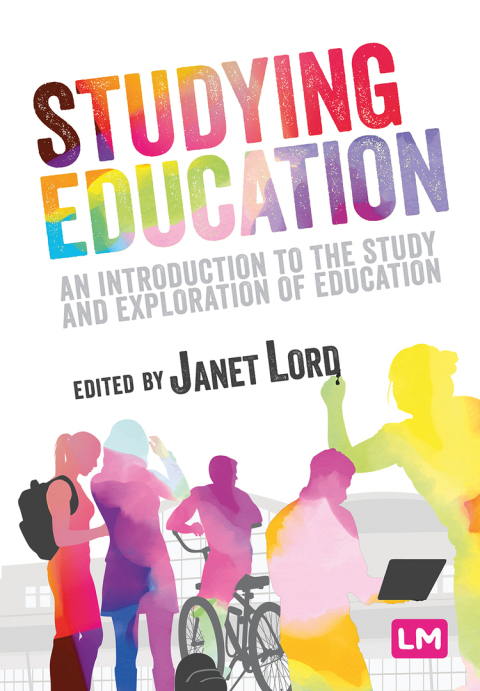
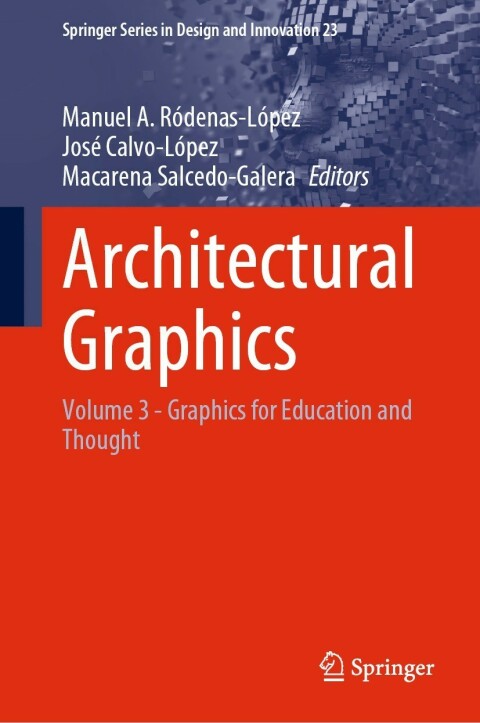
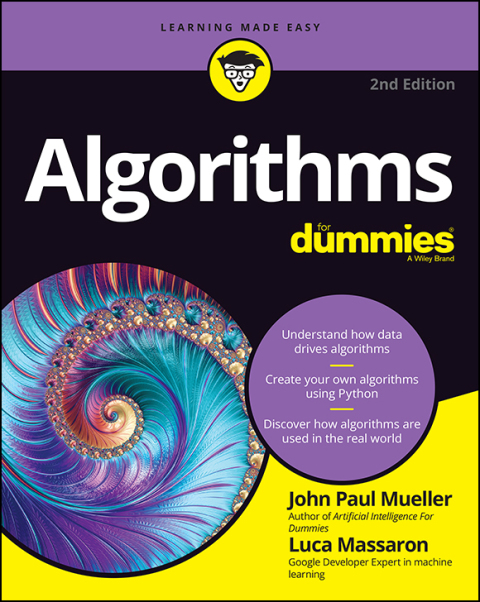
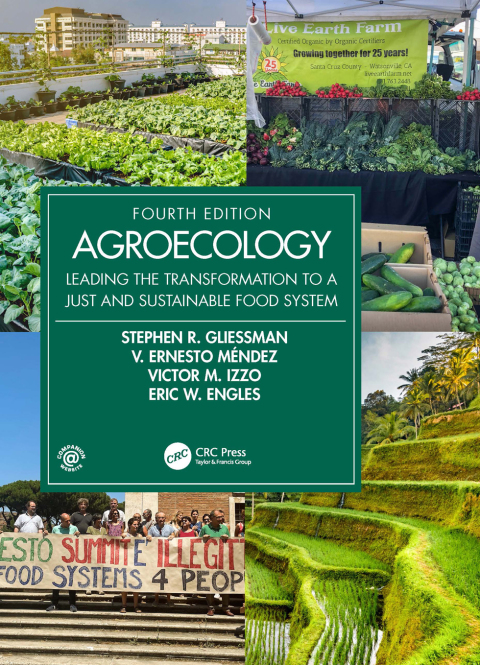

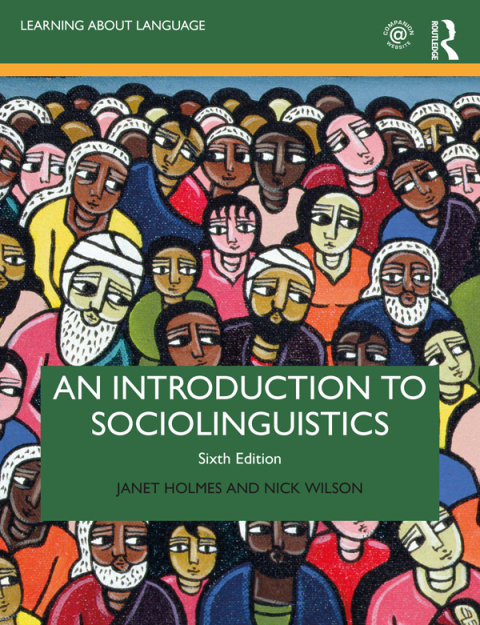
Reviews
There are no reviews yet.